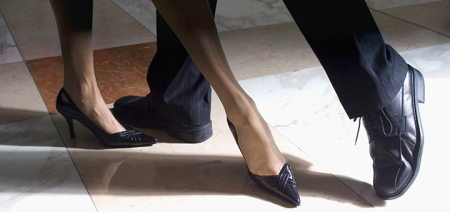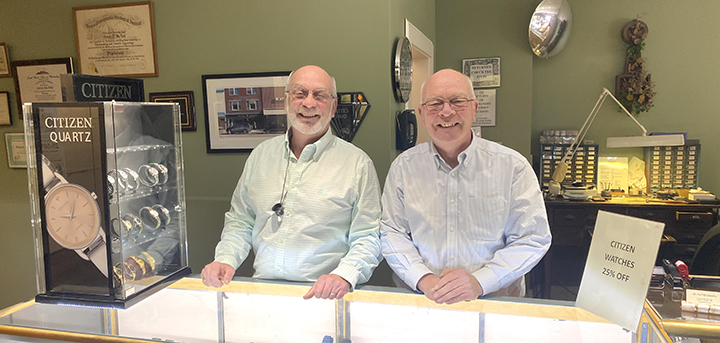Hobo Jungles
Published:
March 20th, 2007
By:
Donald A. Windsor

Hobos are drifters who manage to survive by their wits, working when necessary, but tending not to. The word “hobo” is a contraction of the salutation “Ho” and the ironic “Beau.” “Ho Beau” is an old fashioned precursor to the current “Hey Dude.” These are sarcastic appellations because they are directed at persons who are neither beaus nor dudes.
Another explanation claims that the word stems from “Hoe Boy.” After the Civil War (1861-1865) migrant farm workers carried their own hoes. The plural is as dichotomous as the etymology; it is spelled “hobos” or “hoboes.”
Hobos were, in effect, a temporary work force that was highly mobile. They traveled by freight train because it was free, accessible, and went everywhere. To make their connections they congregated near rail yards, where they could jump off one train and catch another. Trains slow down at the yards and made access and egress fairly easy.
The large rail yard here in southeastern Norwich was an ideal place to transfer trains and to find work and supplies nearby. In operation from 1868 to 1957, this yard belonged to the New York, Ontario & Western Railway (O&W), but did connect with the Delaware, Lackawanna & Western (DL&W). Today the high and middle schools and the Norwich Court apartments now stand where the rail yards once stood. The brown CWS building used to be the O&W freight house.
The Evening Sun
Continue reading your article with a Premium Evesun Membership
View Membership Options
Author: Donald A. Windsor - More From This Author
Comments









